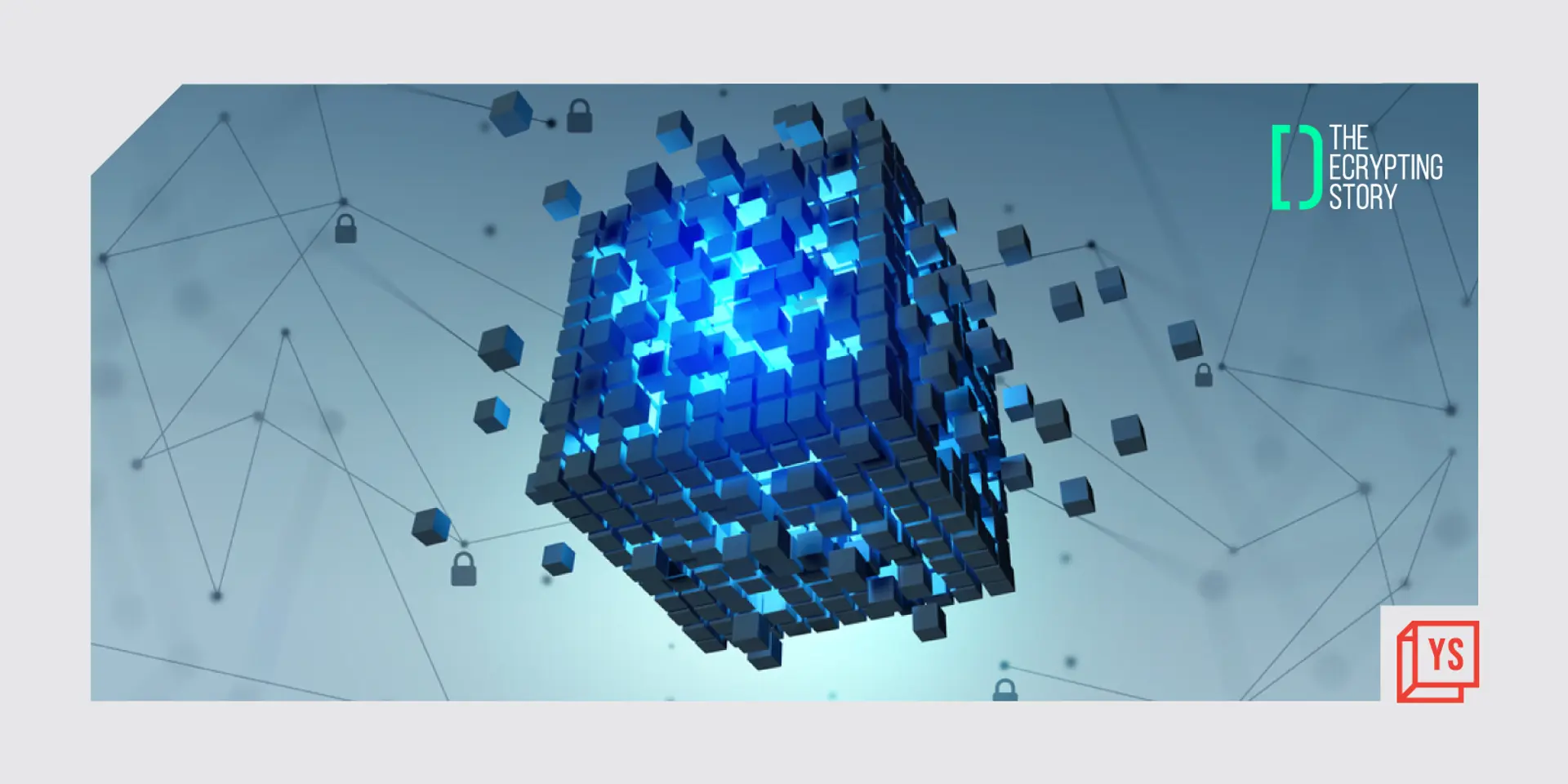India can become Atmanirbhar-technology leader with blockchain
Blockchain has the potential to optimise several industrial processes. By jumping into action, India can mobilise its technology talent to get ahead in the game.
As we all know that the financial-tech conversation in our country at the moment is largely revolving around cryptocurrencies, and at the helm of it is an underlying technology called blockchain. Leveraging the marvels of Web 3 and the revolutionary applications of blockchain, one can build businesses, software and protocols for users all around the globe.
With the optimal use of blockchain, it fuels a ‘by the people, for the people’ kind of an arrangement and positive ripple effect, wherein users would have not only security and accountability, but also the unprecedented power to both re-define and implement the rules.
This goes well in sync with the present-day aspiration and calls of ‘Aatmanirbhar Bharat’ or ‘Self-Reliant India’ – as the decentralised nature of blockchain opens up a world of possibilities not just in terms of empowering and reducing external dependencies for organisations or conglomerates, but also for the individual citizens – who are undoubtedly the building blocks of our shared economy.
One of the biggest advantages of blockchain protocols is enabling widespread stakeholder participation and community involvement for making decisions vis-à-vis upgrades, creating and validating transactions and proposals, and most importantly, in making processes highly decentralised, secure and trustless, right at their core.
Such superlative and futuristic traits of blockchain have helped a lot of enthusiasts and developers to build Dapps (decentralised applications) that empower a layman user to vote, govern and be a part of crucial decision-making processes.
Beyond money transfer/payments and voting, blockchain tech can be used to register and validate sales and loans, certify a supply chain, claim citizen privileges, prove ownership of digital assets, protect digital identity and copyrights, among many other ways across many sectors or domains.
As of date, apart from fintech and governance, some of the important sectors that are reaping benefits from the use of blockchain include logistics, transport, healthcare, real estate, arts and education. With myriad and ever-expanding use cases which autonomise users, blockchain obviously draws greater adoption as it exercises more user control and trust over a system.
As the technology further enables strong governance mechanisms across the globe, it can further help create accountable public institutions.
We Indians must realise that blockchain has unprecedented potential to improvise and optimise the existing models in various industries.
To cite an example, a lot of manufacturing companies are now revamping and porting their supply chain solutions onto public blockchains, thereby making them more resilient and transparent for sustainable development and growth.
Further, product journeys throughout the supply chain cycle can be tracked and improvised for responsible consumption at various stages with the use of blockchain; however, it cannot be tampered with, and provides a real-time product journey map for the end users and other stakeholders involved.
On the other hand, DeFi (decentralised finance) use cases in blockchain completely transform the existing traditional economic models to an autonomous, friction-less and decentralised financial ecosystem, where users shall have more control over their money and technology plays a pivotal role at the forefront of transactions.
In Conclusion
Large scale blockchain adoption can drive financial inclusion, data ownership, greater levels of autonomy and control in financial and other forms of decision making, as well as distributed, borderless and frictionless processes and systems.
That being said, blockchain can also create larger and more impactful opportunities on the socio-economic front. It can create jobs and employment at a large scale and usher in a new era of technology-led economic growth.
Of course, staying ahead in the blockchain game can help developers find jobs in this space, with a lot of startups nowadays building products/models for various use cases. Additionally, more jobs can be created at the protocol levels, for improvising on the tech, development, marketing, building communities and providing opportunities to artists to present their work through digital NFTs and so on.
Last but not the least, greater adoption of blockchain can enable more entrepreneurs from India who can build products for a global user-base – which is the need of the hour in today’s era of rapid globalizations.
Long story short, India surely cannot do without more propagation, advancement and innovations around blockchain, if it aspires to be a Self-Reliant (Aatmanirbhar)-technology leader in letter, spirit and action in the years to come!
Edited by Affirunisa Kankudti
(Disclaimer: The views and opinions expressed in this article are those of the author and do not necessarily reflect the views of YourStory.)








